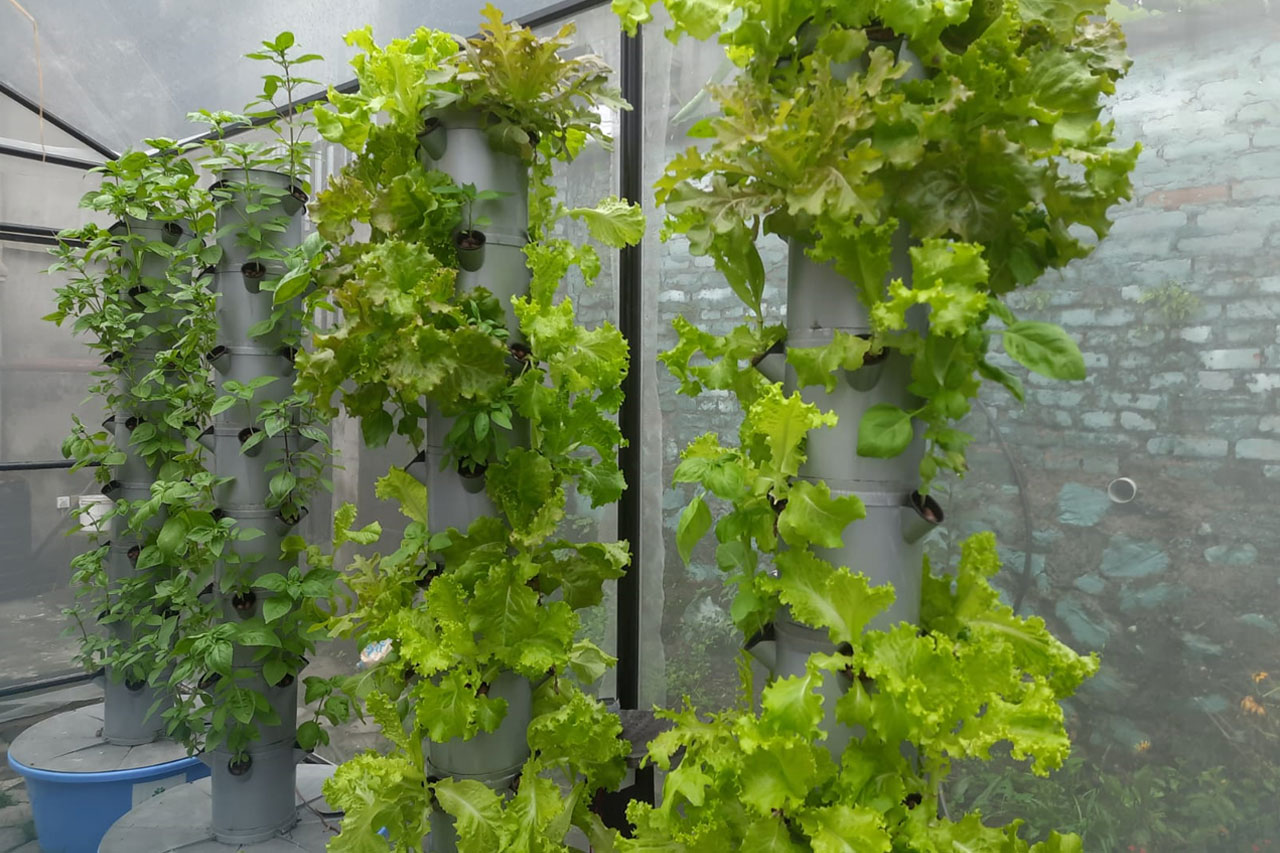Why Urban farming?
Nepal, a nation known for its breathtaking landscapes and diverse cultures, is also experiencing rapid urbanization. As cities in Nepal expand, so does the importance of urban agriculture. This innovative practice offers a host of benefits, from ensuring food security to promoting sustainability. Let’s explore why urban agriculture is important worldwide, with examples of cities that are leading the way in food production.
1. Ensuring Food Security: Urban agriculture plays a critical role in ensuring a stable and accessible food supply within cities. As populations grow, the demand for fresh and locally sourced produce increases. By cultivating food within urban areas, cities reduce their reliance on distant rural farms and bolster their food security.
2. Reducing Food Miles: The concept of “food miles” refers to the distance food travels from farm to table. Urban agriculture significantly reduces these distances. This not only lowers transportation-related emissions but also results in fresher and healthier food for city residents.
3. Utilizing Underutilized Spaces: Many cities struggle with a shortage of available land for agriculture. Urban farming, including practices like rooftop gardens and vertical farming, maximizes the use of limited urban spaces. This innovative approach transforms unused rooftops, vacant lots, and even walls into productive growing areas.
4. Promoting Sustainability: Urban agriculture encourages sustainable farming practices. It often involves organic farming methods, efficient water use, and reduced chemical inputs. This helps mitigate environmental impact, conserve resources, and protect urban ecosystems.
Leading Examples of Urban Agriculture Worldwide:
Singapore: Despite its limited land area, Singapore is a global leader in urban agriculture. The city-state has embraced vertical farming, utilizing high-rise buildings to cultivate a wide variety of crops. Initiatives like Sky Greens and ComCrop showcase Singapore’s commitment to sustainable urban farming.
New York City, USA: New York City boasts a thriving urban agriculture scene. The city has numerous community gardens, rooftop farms, and educational programs. Notable projects include Brooklyn Grange, a rooftop farm covering several acres, and the Battery Urban Farm, which educates local students about sustainable agriculture.
Copenhagen, Denmark: Copenhagen is renowned for its sustainable urban development, including urban agriculture. The city encourages residents to grow food in community gardens, parks, and allotments. The “Byhøst” program allows citizens to pick and harvest fruit from public trees, promoting a sense of shared responsibility for the city’s food supply.
Havana, Cuba: In the face of economic challenges, Havana turned to urban agriculture as a means of food production. The city’s “organopónicos” or organic urban gardens have transformed empty lots into productive green spaces. These efforts have significantly increased access to fresh, locally grown food.
Tokyo, Japan: Tokyo showcases the fusion of technology and urban agriculture. The city is home to high-tech indoor farms that use advanced automation and LED lighting to grow crops year-round. These vertical farms are a response to limited space and a desire for sustainable food production.
Urban agriculture is a global movement that addresses the pressing issues of food security, sustainability, and resource conservation. Cities around the world are embracing innovative farming techniques to feed their populations while reducing their environmental impact. These cities are not only growing food; they’re cultivating a more sustainable and resilient future for urban living.
